Bienvenida a la plataforma participativa Open Spaces.
Construyamos una sociedad más abierta, transparente y colaborativa.
Únete, participa y decide.
Hace hace menos de un minuto
Nueva propuesta:
Transiciones justas hacia la ciudadanía para jóvenes migrantes en situación de …
Lab de políticas públicas
Hace hace menos de un minuto
Nueva propuesta:
Itinerario administrativo digital y acompañamiento humano en el acceso a derecho…
Lab de políticas públicas
Hace hace menos de un minuto
Nueva propuesta:
Participación política y ciudadanía efectiva para personas migrantes
Lab de políticas públicas
Hace 1 minuto



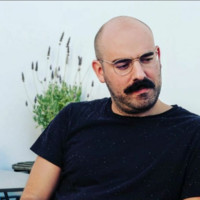

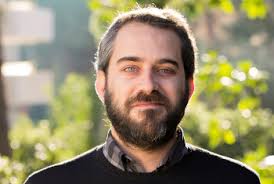



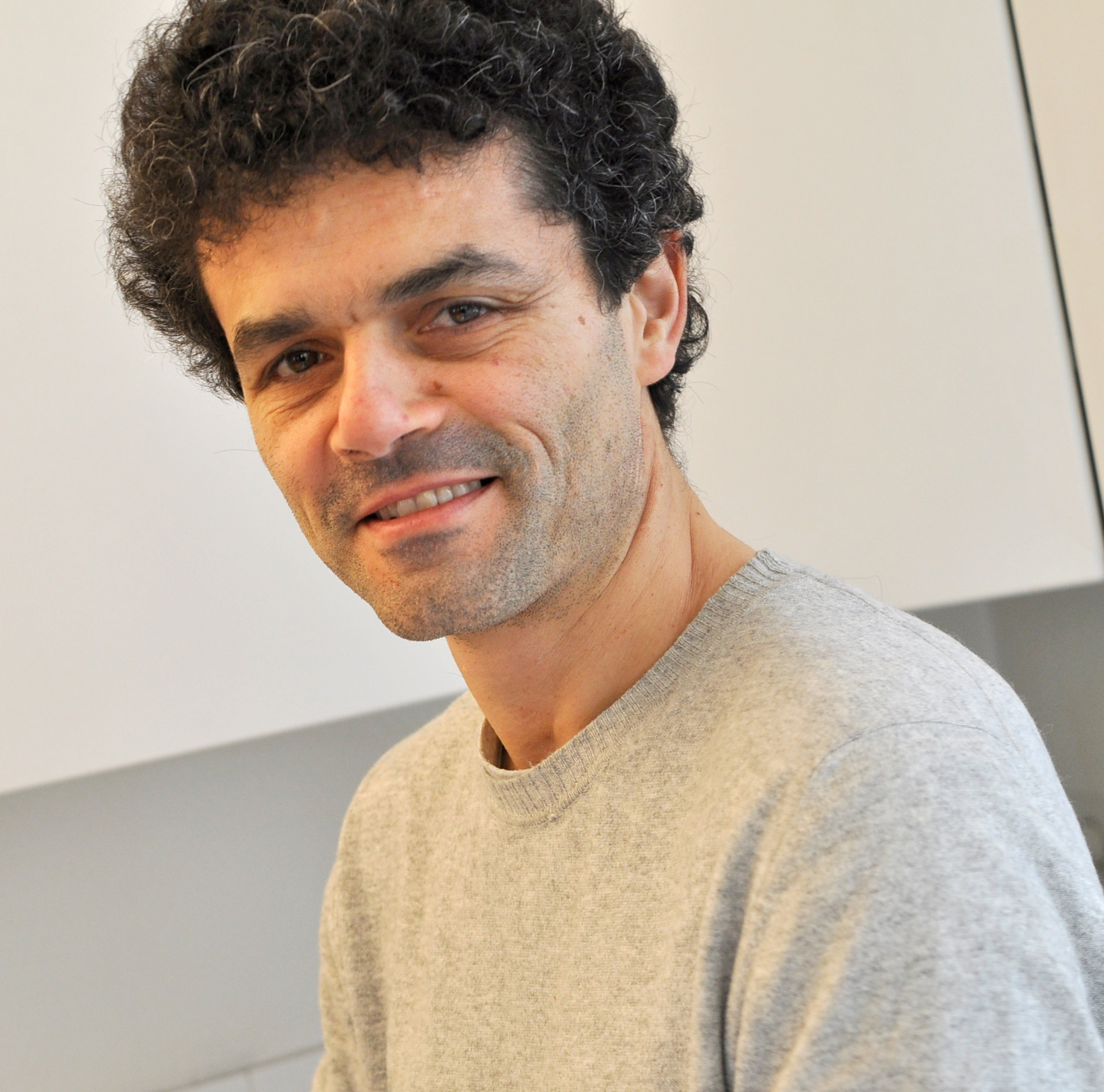
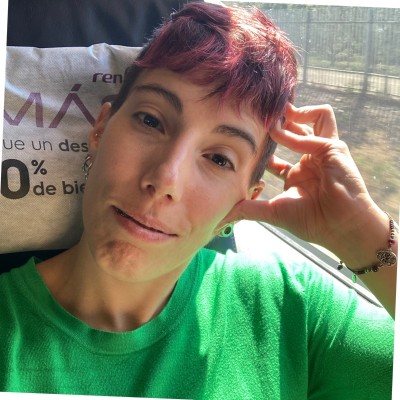
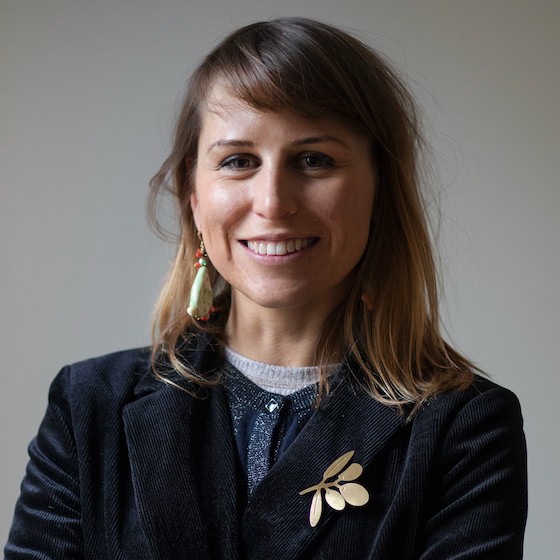
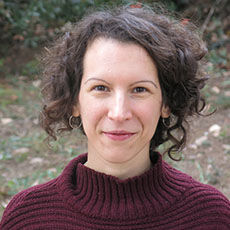

.jpg)

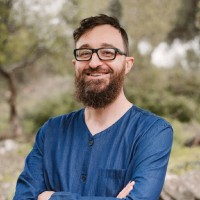

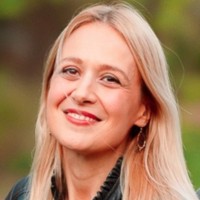

Compartir